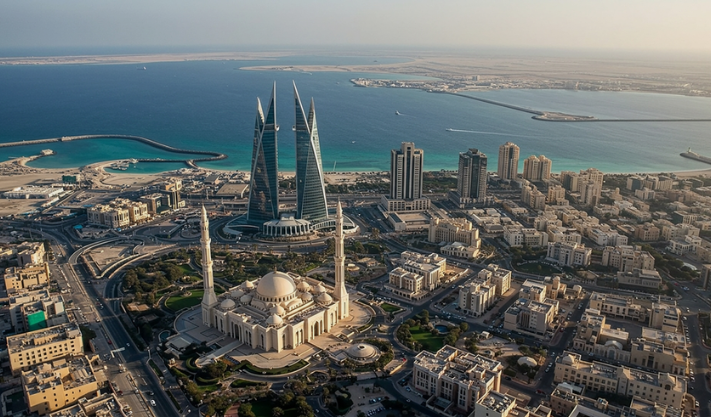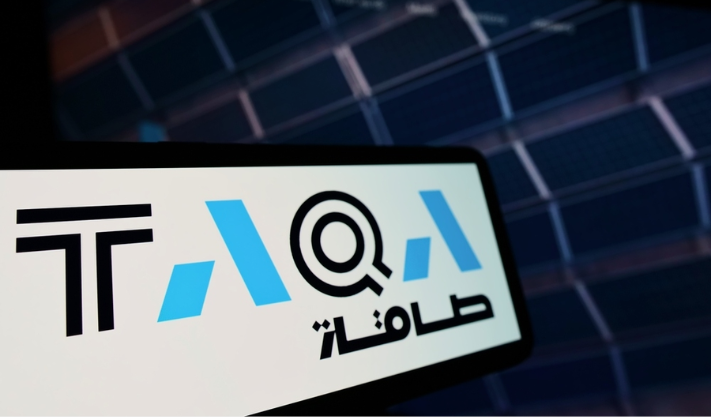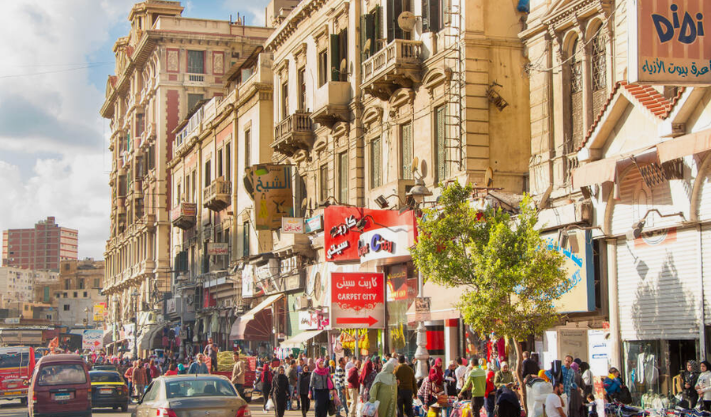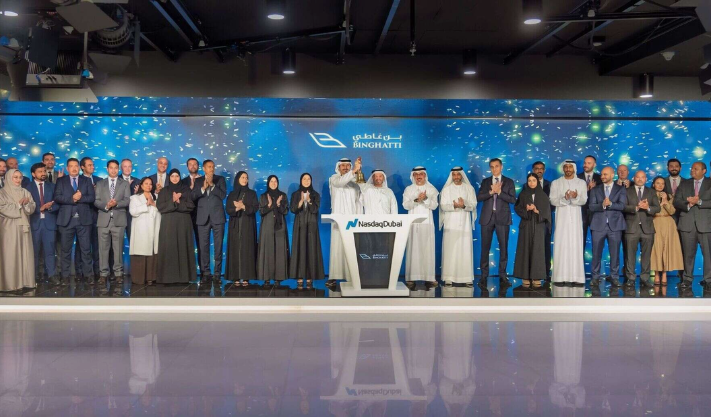How Smart Cities are Reshaping the Middle East
The Middle East is undergoing a rapid transformation, with smart cities playing a key role in reshaping the region’s urban landscape. These high-tech, sustainable cities are designed to enhance the quality of life, boost economic growth, and address environmental challenges. As governments and private sectors invest heavily in smart infrastructure, the Middle East is emerging as a global leader in urban innovation.
The Vision Behind Smart Cities
Smart cities integrate technology, data, and artificial intelligence to improve urban living. Governments in the Middle East, particularly in the Gulf region, are investing billions of dollars to build cities that are efficient, connected, and environmentally friendly. These projects align with national visions like Saudi Arabia’s Vision 2030, the UAE’s Smart Dubai Initiative, and Qatar’s National Vision 2030, all aimed at diversifying economies beyond oil and enhancing urban sustainability.
Key Features of Smart Cities
Smart cities in the Middle East focus on several key areas:
- Sustainable Infrastructure – Green buildings, solar-powered facilities, and energy-efficient transportation systems are central to reducing the carbon footprint.
- Artificial Intelligence & IoT – Sensors and AI-powered data collection help manage traffic, monitor air quality, and optimize energy usage.
- Smart Transportation – Driverless cars, electric buses, and high-speed rail networks make commuting efficient and eco-friendly.
- Digital Governance – E-government services provide seamless access to public services, reducing bureaucracy and improving citizen engagement.
- Security & Safety – AI-driven surveillance and smart emergency response systems enhance public safety.
Major Smart City Projects in the Middle East
Several ambitious smart city projects are reshaping the region:
- NEOM (Saudi Arabia) – A $500 billion futuristic city that will run on renewable energy and use AI to power daily life.
- The Line (Saudi Arabia) – A linear, car-free city that aims to accommodate 9 million residents with zero carbon emissions.
- Masdar City (UAE) – A leading example of a sustainable city powered by solar energy and smart water conservation techniques.
- Lusail City (Qatar) – A high-tech city featuring smart roads, intelligent buildings, and an advanced metro system.
- Smart Dubai – The UAE’s initiative to make Dubai the world’s smartest city through AI, blockchain, and digital governance.
Economic and Social Impact
Smart cities are driving economic growth by creating new industries, job opportunities, and technological advancements. They attract global investors, leading to the rise of tech hubs, research centers, and green businesses. Socially, these cities improve healthcare, education, and public services, making urban living more convenient and efficient.
Challenges and the Road Ahead
Despite their benefits, smart cities face challenges such as high costs, cybersecurity threats, and the need for skilled professionals. Governments must ensure digital security, data privacy, and inclusive growth for all citizens. However, with continuous innovation and collaboration, smart cities in the Middle East are set to redefine the future of urban living.
Conclusion
The Middle East’s investment in smart cities is transforming the region into a global leader in urban development. With a focus on sustainability, technology, and economic growth, these futuristic cities are setting new benchmarks for modern living. As the region embraces digital transformation, smart cities will continue to shape the Middle East’s future, offering a smarter, greener, and more connected way of life.
Published: 30th January 2025
Also Read:
The Rise of Sustainable Investments in the Middle East
The Shifting Sands: Middle East Politics in 2025
Elie Saab’s Spring 2025 Couture: Portraits in Elegance





